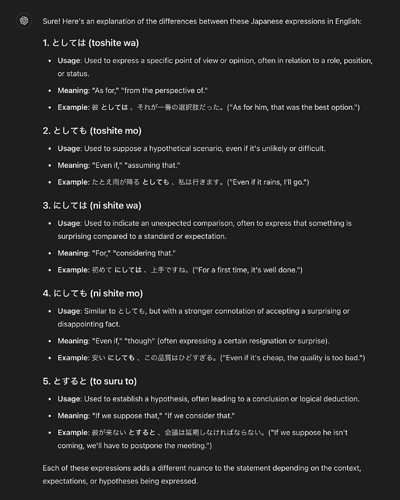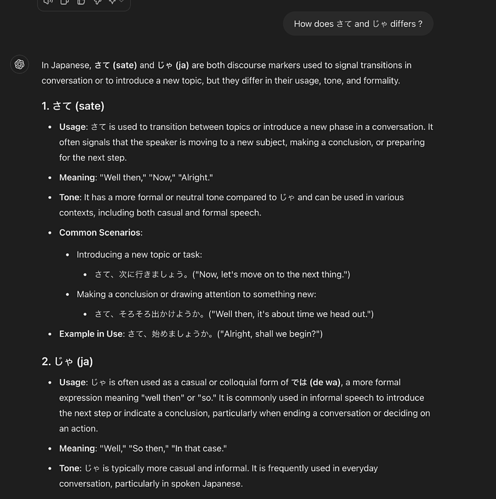Thank you for the in-depth and quick reply!
Per the onboarding, perhaps I missed where it was discussed in the forums but basically you’d advocate instead of just going thru wanikani reviews like no tomorrow, needing to slow down for Bunpro, maybe even just a couple of grammar points a week?
Onboarding is one thing, but like re-onboarding, like users who’ve used Bunpro in the past but then return, especially lifetime members, like maybe it’d help to add like certain use case scenarios to the FAQ, like “i’ve fallen off the wagon, how do i get back on?”
I’ve been posting in my study log thread trying to figure out how to make Bunpro work for me, and maybe I’m getting the hang of it, needing to re-read the grammar point summary blurb + resource links to remember my rusty N4 grammar that are basically mostly turning into ghosts/leeches at this point.
To some extent I think that asking people for help is necessary and I don’t expect learning Japanese to continue to be a smooth journey, there’ll be times I get stuck, but yea re-onboarding (or whatever term to use) has been honestly a pain.
I already think Bunpro does so much better than Wanikani when it comes to features (i don’t need a bazillion scripts that might break, it just comes vanilla) – and Wanikani’s workflow is kinda straightforward – “let the mnemonics shock you and you try to recall, and then remember them”
- but Bunpro’s workflow, now that I’m thinking about it, maybe sounds more like “… just read the resources / the textbook you’re following, and then use Bunpro as a primer”
Example: In the gacha game Genshin Impact, returning users who have not been active in the past 6 months receive a “returning banner for the game.” (the game calls it Stellar Reunion)
they get extra in-game currency (I guess Bunpro could adjust this to like exp) and get some exp for re-acquainting themselves with features of the game, like
ex. (do one review, and get bonus exp, and here’s a hyperlink)
ex. (do one cram session, get bonus link, here’s a hyperlink on the banner to literally take you there)
You even get exp for logging in.

I understand that Bunpro to some extent is gamified with the exp system, and the financial incentives are different: Genshin Impact is powered by the micro-transactions that players purchase. So maybe there’s little to no financial incentive to provide this for the main benefit of lifetime members, but from what I understand Bunpro isn’t a company solely focused on financial profit.
I acknowledge this post is not organized as well as it could’ve been, please do let me know your thoughts~



 )
)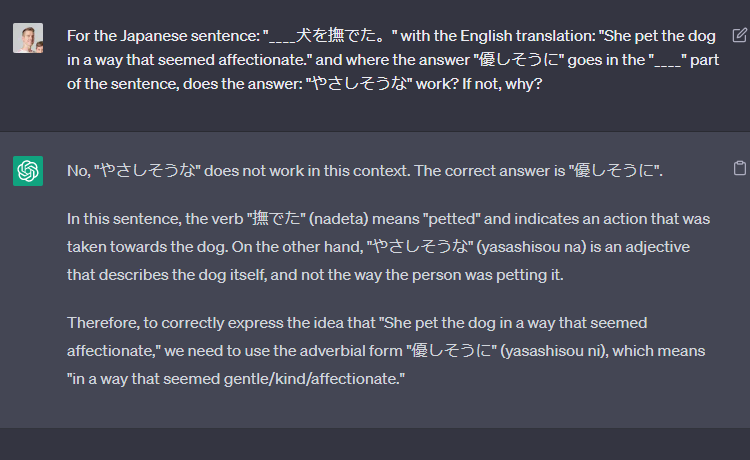
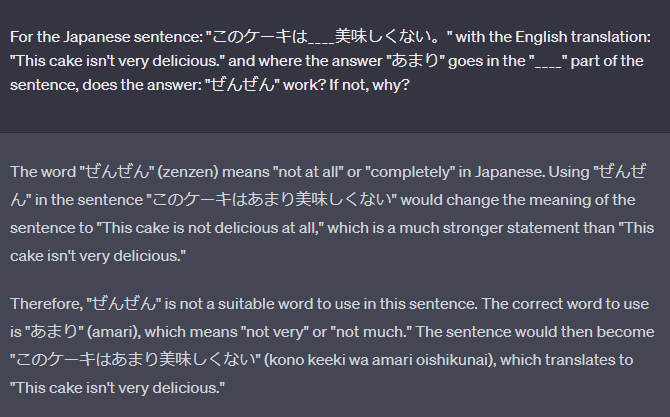
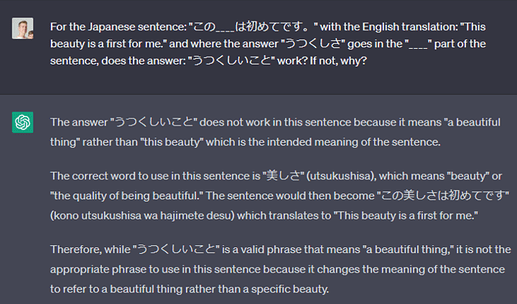
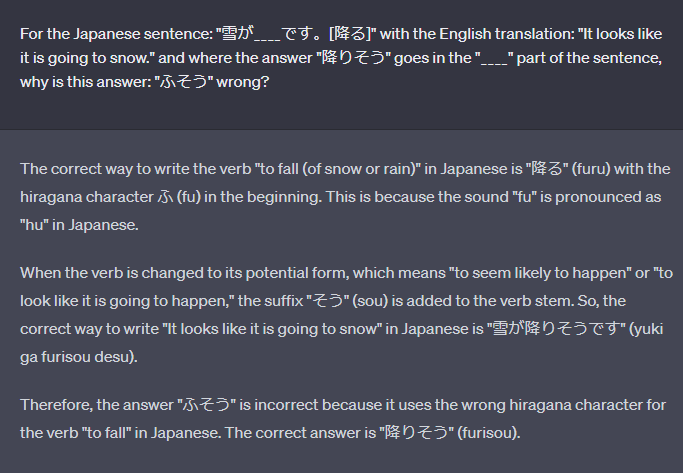
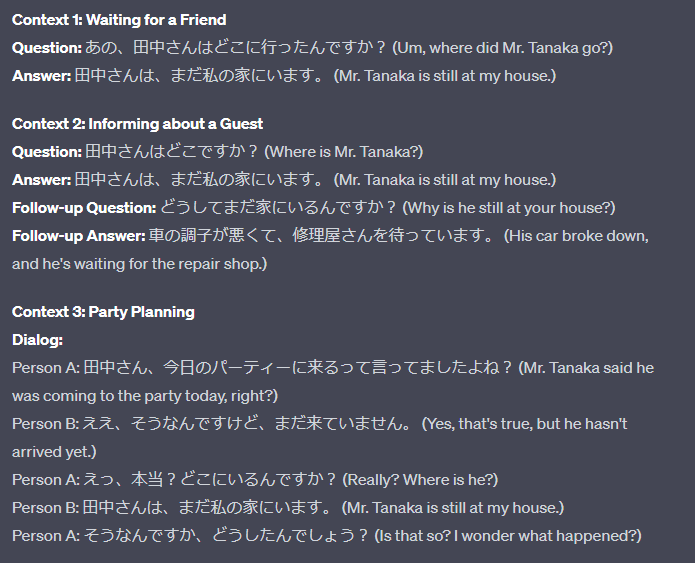
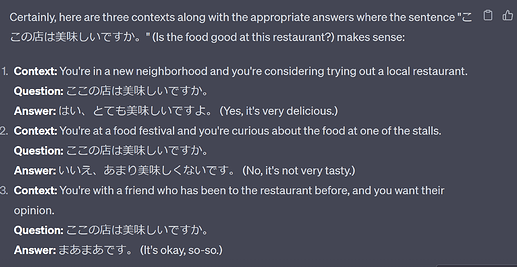
 to be overly addictive like duolingo-like apps, because this is only a means, and not the end itself. I’m already guilty myself of spending way too much time on Bunpro/JPDB/SRS/Forums instead of spending time on actually “using” the language. It’s way easier to be on controlled simulated environments than to actually adventure on the wild.
to be overly addictive like duolingo-like apps, because this is only a means, and not the end itself. I’m already guilty myself of spending way too much time on Bunpro/JPDB/SRS/Forums instead of spending time on actually “using” the language. It’s way easier to be on controlled simulated environments than to actually adventure on the wild.
